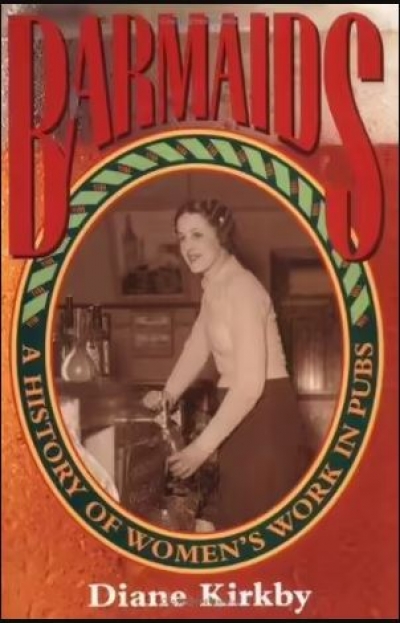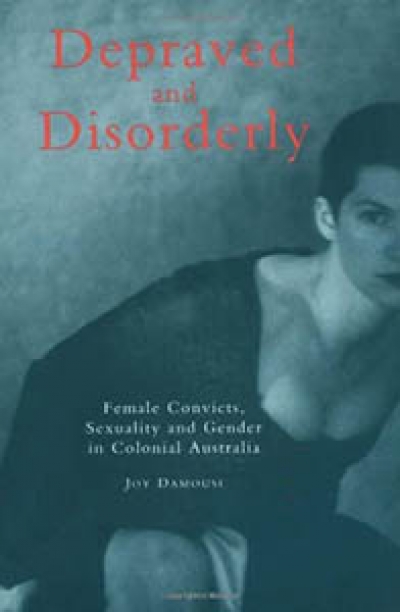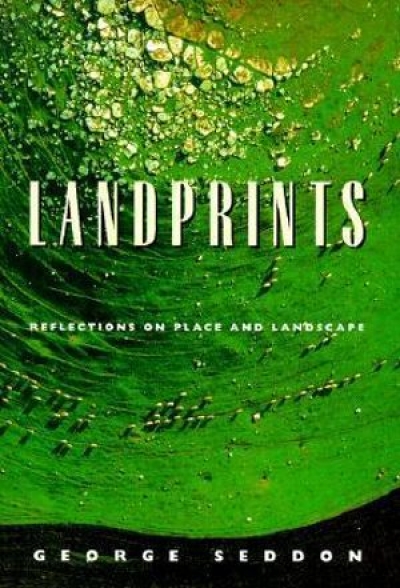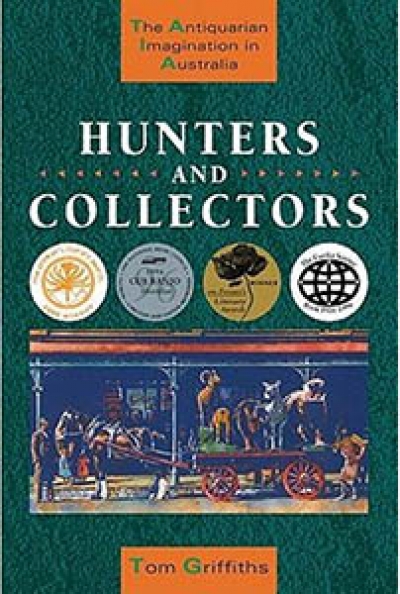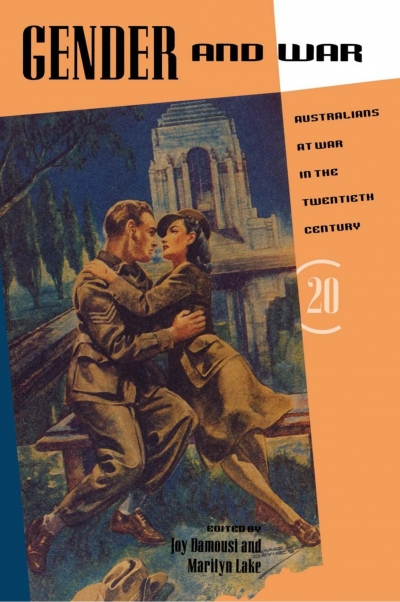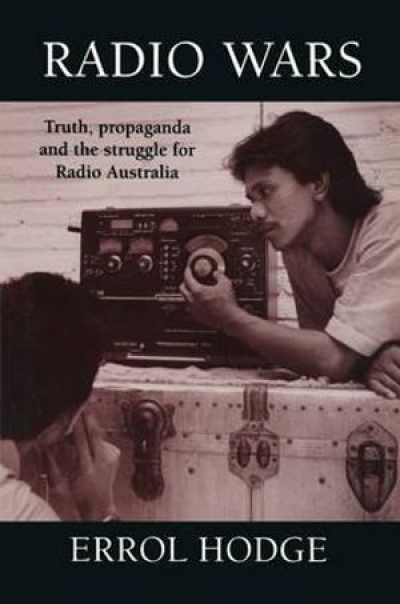Cambridge University Press
Sign up to From the Archive and receive a new review to your inbox every Monday. Always free to read.
Recent:
Living with the Aftermath: Trauma, nostalgia and grief in post-war Australia by Joy Damousi
by Stephen Garton •
The Country of Lost Children: An Australian anxiety by Peter Pierce
by Laurie Clancy •
Barmaids: A history of women’s work in pubs by Diane Kirkby
by Joy Damousi •
Depraved and Disorderly: Female sexuality and gender in colonial Australia by Joy Damousi
by Emma Floyd •
Landprints: Reflections on place and landscape by George Seddon
by Stephen Muecke •
Hunters and Collectors: The antiquarian imagination in Australia by Tom Griffiths
by Geoffrey Bolton •
Gender and War: Australians at war in the twentieth century edited by Marilyn Lake and Joy Damousi
by Jeff Grey •
Radio Wars: Truth, propaganda and the struggle for radio Australia by Errol Hodge
by Joan Dugdale •
Postmodernism and Popular Culture: A cultural history by John Docker
by Don Anderson •




